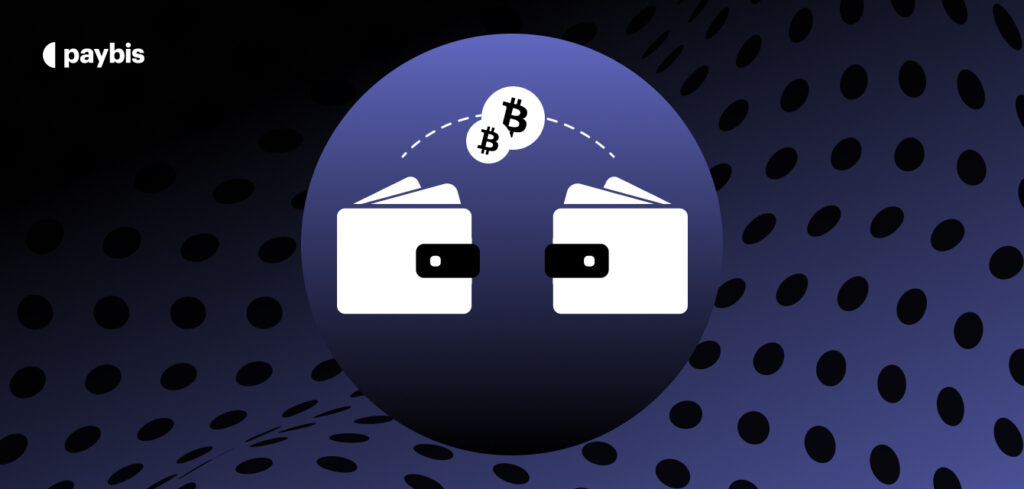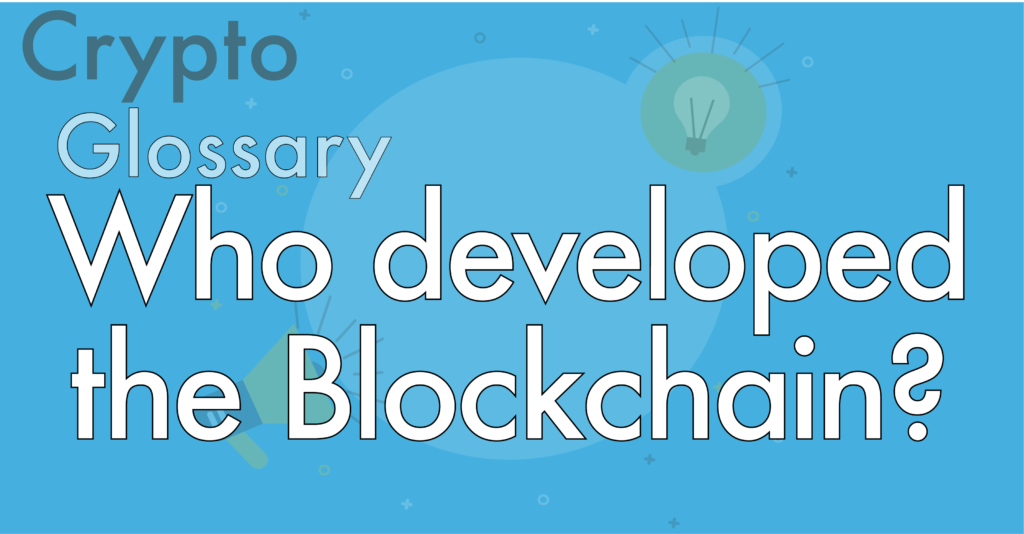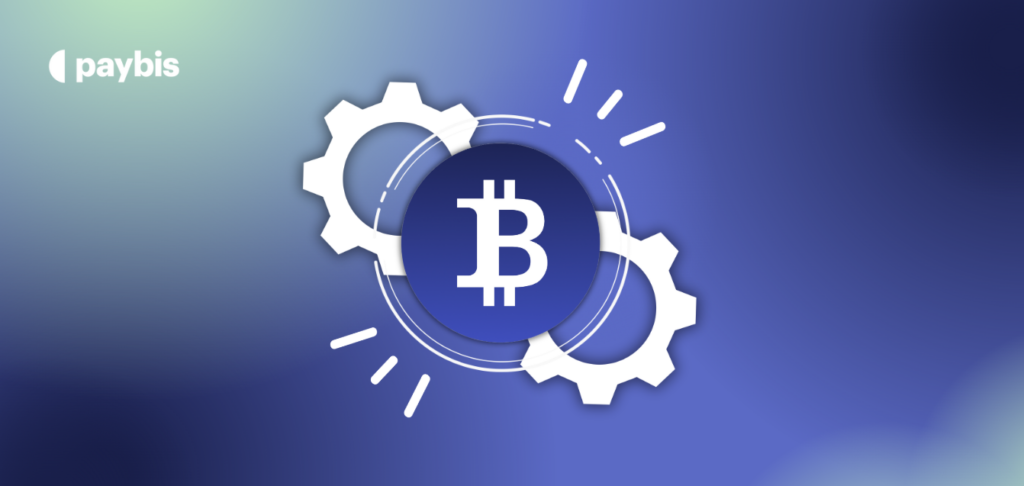Weak Subjectivity
Weak Subjectivity is a concept in blockchain technology especially in Proof of Stake (PoS) systems where nodes are obliged to rely on other nodes in order to know the current status of the blockchain when they join or after being offline for a long time.
Table of contents
What is Weak Subjectivity?
Weak Subjectivity is a term which lays down a requirement in the case of Proof of Stake blockchains that make nodes depend upon social consensus or external checkpoints for knowing about the current status of the blockchain.
This article will discuss Weak Subjectivity as it relates to blockchain security and functionality including its nature, importance, how it works, and what it means.
Why is Weak Subjectivity Important?
Understanding the importance of Weak Subjectivity means appreciating its potential impact on the security and reliability of PoS networks:
- Protection Against Long-Range Attacks: Weak Subjectivity helps to deal with situations where a long-range attack is done by malicious actors who would create a fork of the blockchain from a much earlier state to trick offline nodes that have been in that state for a while.
- Network Synchronization: For new or reconnecting nodes, it should be easy and within marginally safe limits using Weak Subjectivity to find out what the actual state of the blockchain should look like.
- Ensuring Consensus Integrity: Weak Subjectivity does not depend on adversarial conditions but rather, necessitates checkpoints or trusted sources for the most recent state so that no attacking activity can go unnoticed.
Recognizing these points helps understand how Weak Subjectivity enhances the security and robustness of PoS networks.
How Weak Subjectivity Works?
Subjectivity Checkpoints
Subjectivity checkpoints in PoS blockchains refer to agreed points all nodes of a blockchain accept as valid. These points allow nodes to choose the right state of the blockchain after joining or rejoining a network.
Relying on Social Consensus
Nodes may have to get the latest checkpoint or hash from trusted sources such as other nodes, block explorers, and even developers to make sure they are synchronized with the correct chain.
Periodic Updates
To maintain security and ensure quick synchronization for the nodes without risking following an incorrect fork, subjectivity checkpoints should be periodically updated over time.
Knowing these steps sheds light on how Weak Subjectivity works technically and its importance in maintaining the integrity of the blockchain.
Common Use Cases for Weak Subjectivity
There are various applications where understanding Weak Subjectivity is very important:
- Blockchain Security. This ensures the state of nodes in PoS blockchains can be correctly established and that they cannot be subjected to long-range attacks.
- Network Synchronization. It helps newly connected or reconnected nodes to quickly synchronize with the network and keep it secure.
- Consensus Mechanisms. That aim supports building and adopting robust consensus mechanisms in PoS blockchains for trust and dependability.
From these instances, it is evident that Weak Subjectivity leads to innovation and security in blockchain technology.
Conclusion
Weak Subjectivity as an idea is important for the nodes of a PoS blockchain since they need this to establish a proper state even if they were not online when others were making transactions on the network. So, having knowledge about what exactly weak objectivity means, developers, users, or anyone else will be able to provide appropriate security measures. Weak objectivity remains a critical part of secure and efficient PoS networks despite depending on social consensus and external information sources for its operation.
FAQ
What is the need for Weak Subjectivity in PoS blockchains?
Weak Subjectivity prevents long-range attacks and enables nodes to synchronize with the network safely and correctly after going offline.
How do the subjectivity checkpoints work?
Subjectivity, checkpoints are points along the blockchain that are agreed upon by all nodes and reveal the true chain, not a malicious fork.
What are the risks of Weak Subjectivity?
The primary risk of weak subjectivity is the potential for a long-range attack if a malicious actor gains control of a majority of the stake. While some aspects can be automated, Weak Subjectivity inherently requires some degree of trust in external sources or social consensus, making full automation challenging
Is it possible to automate a system using Weak Subjectivity?
There must be some indirect reliance on expert opinions or public agreement beyond partial automation of this process.
In what way does new node joining affect Weak Subjectivity?
Other nodes or trusted sources help them get the most recent subjectivity checkpoint or trusted block hash so that they can synchronize with the network properly.
Disclaimer: Don’t invest unless you’re prepared to lose all the money you invest. This is a high‑risk investment and you should not expect to be protected if something goes wrong. Take 2 mins to learn more at: https://go.payb.is/FCA-Info


